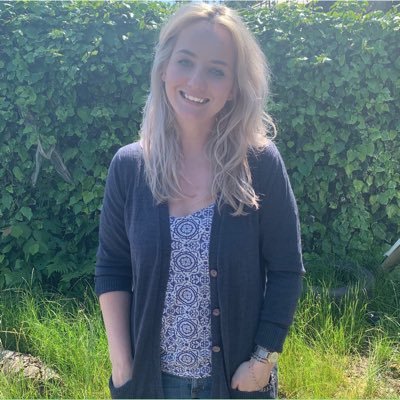Middle Leaders Leading Change
Education Scotland’s Professional Learning and Leadership website offers a vast range of online professional learning which encourages practitioners to use research and academia prompted by reflective actions and evaluative conversations to improve one’s own knowledge and skills in range of different educational areas. I have been engaging with the online activities for a number of years now.
In session 2019-20, I decided that I would move offline and participated in the Middle Leaders Leading Change programme. As a Principal Teacher with an early level remit, I understood that my experience and expertise in early level pedagogy and management was significant, and yet my learning and experience of leadership was shallow. The aim of the programme, which was planned to be three whole days spread across the academic year, was advertised as being to develop an understanding of the process of leading change through a collaborative approach to professional learning.
I arrived at the MacDonald Hotel in Edinburgh on the first day, in September 2019, feeling excited and nervous – I had never attended professional learning delivered by Education Scotland officers before and felt that I would not have the right experience or knowledge to participate without feeling inadequate. However, greeted warmly by the facilitators, David and Louise, I was immediately put at ease with their welcoming words and their genuine interest in me as a professional. Soon the room filled up with equally interested and eager middle leaders from across the south eastern authorities. I was pleased to find that the cohort I was collaborating with was a mix of secondary, primary and ELC leaders.
The programme, as well as the three full-day sessions in September, January and June, included ‘homework’ tasks to undertake before the following meeting. These tasks offered you policy and research insight into leadership of change. Each full day explored the roles of middle leaders, self-reflection to identify progress and improvement areas, and the use of coaching and mentoring models to support teams.
Using the work of John DeNobile and his research on the role of the middle leader, we were given the opportunity to share with our groups the ways in which we both lead and manage our teams. There was agreement amongst the group that middle leaders have some balancing to do when it comes to fulfilling their management and leadership roles purposefully. An in-depth exploration of the middle leader roles encouraged self-evaluation of one’s own efficacy in each - teaching/ supporting students; administrative; organisation; team supervision/management; staff development; and strategic development.
At the start of the course, I had reflected that I felt my leadership of my ELC team was quite strong and I would’ve liked to have improved my efficacy in my administrative and organisational responsibilities. I have always put these 'on the back burner' to take part in staff development and professional learning and I am passionate about staying connected with the children I am responsible for.
However, the course inspired me to develop my knowledge and understanding of leadership further and I have since explored, with a group of Scottish educators, the books Leading in a Culture of Change (Michael Fullan) and Dare to Lead (Brene Brown). The learning from these has taught me more about the impact of leading from the middle; excellent leaders are lead learners. Excellent leaders lean into their vulnerability and lead from their values. Middle Leaders Leading Change gave me a taste of professional learning in leadership; something I hadn’t fully committed to before, and it has set a fire of passion for my own, and others' professional learning.
Another aspect of the programme I found valuable for my development was the pairing of people as co-coaches for each other. Using effective coaching strategies, agreed collaboratively, we had the opportunity to support our colleagues to reflect on situations which were important and current for them. Using coaching scaffolds, we got to experience richer ways of engaging each other to think more critically for ourselves. I found this particularly helpful in my own conversation with my team; becoming more mindful of using coaching conversations to support team empowerment, responsibility and accountability for the areas of change within my setting. In my team now, using coaching conversations, and a deeper understanding of my own role and improved efficacy in developing strategic plans, we are growing and learning together. Our ELC motto is 'together, we grow'. As a professional team we grow, as excellent practitioners we grow and with our little people, experiencing the world, we grow.
As a final point, Scottish schools embraced digital learning when they closed in March 2020. This meant however that we could not attend the third day of the middle leaders programme in person. Instead, the Education Scotland team gave encouraging support to complete the third day online, on the Professional Learning and Leadership website. Though connection with others is important, especially in a collaborative learning programme, the online third day was just as reflective and research focused as the whole-day, in-person sessions had been.
Middle Leaders Leading Change has given me the opportunity to collaborate with other middle leaders across the education sector to develop my own self-reflective understanding of my role and how I can adapt and improve my skillset for the benefit of the teams I work with, the school and authority I work in, and, more importantly, for the children I care for. I would recommend the new online version for session 2020-21 to all middle leaders who are keen to understand their role in the change process more fully, and to gain valuable experience and strategies for implementing effective change.

